
News & Media
Home | Featured News |
URA hosts 2025 Council of Presidents Annual Meeting & Policy Forum

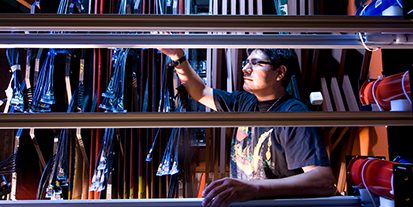
URA is a not-for-profit 501(c)(3) academic consortium composed of over 94 premier research universities across the United States, United Kingdom, Italy, and Japan headquartered in Washington, D.C. supporting government lab management and operation in the national interest.
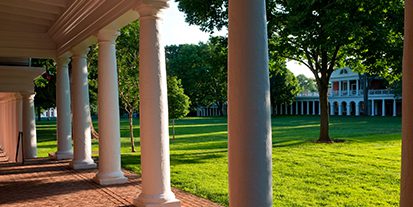
URA fosters valuable university research partnerships through membership. URA presents members with research opportunities at national engineering and physics labs, engagement with laboratory leadership and management, and recognition of academic achievements.
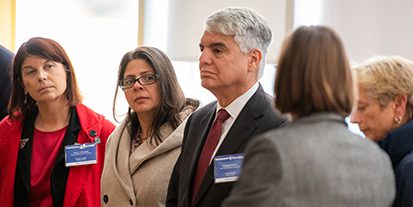
Since 1965 URA has been an integral part of the management of Fermilab, overseeing the management and operations of the lab and bringing the expertise of our 94 member universities to bear on the challenges facing the Fermilab. URA supports scholars and interns doing research at Fermilab and recognizes outstanding contributions. In 2007 URA became part of the organization that manages and operates Sandia National Laboratories and since then has worked to support the scientific and technical demands of Sandia by supporting external calibration of science, technology and engineering (ST&E) programs; aid in ST&E programs’ strategic planning; and assist in development of university partnerships and diverse workforce talent.
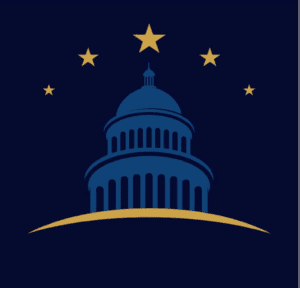
URA strives to engender an awareness of the current national science policy issues among its members and early career scientists. This is achieved through a variety of platforms at URA, including science policy and communication training, connecting scientists and policymakers, and policy town halls and workshops. URA’s goal is to facilitate effective science communication to promote the public’s understanding of scientific discoveries, foster trust in scientific institutions, and facilitate informed decision-making by policymakers and the public.
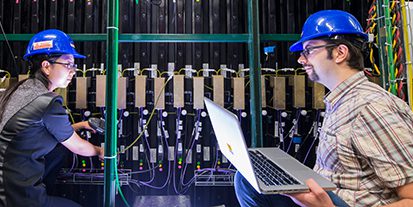
URA has been a supporter, convener, and integral part of the high energy physics User Community since Fermilab’s creation. Currently approximately seventy-five percent of the university-based users at Fermilab come from URA members. URA members represent the best scientific expertise the nation has to offer. Through our leadership, oversight, and programs URA is committed to ensuring that the full range of expertise from around the Nation and the world contributes to Fermilab’s scientific challenges and the user and affiliate community remains the vital part of the lab’s research base that it has always been.
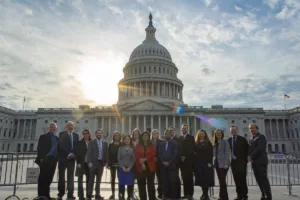
URA is investing in STEM workforce development to contribute to the broader national STEM research ecosystem. Our fellowships, internships, and awards for undergraduate and graduate students and early career scientists serve as a conduit for STEM talent between universities and Fermi and Sandia National Laboratories. URA believes that a skilled workforce drives innovation, enhances national security, maintains technological competitiveness, cultivates future talent, and fosters collaborative research efforts, ultimately contributing to scientific advancement and societal progress.
Jan 29, 2025 | Featured News, Science Policy, URA member institutions
